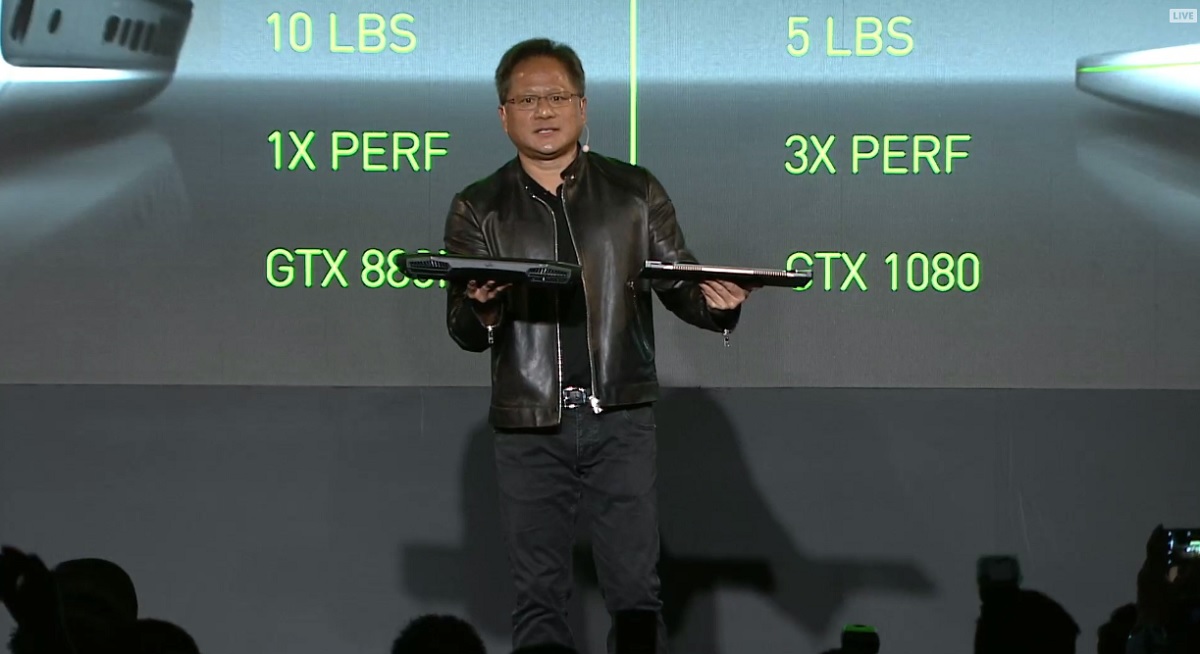Nvidia turned out another stellar financial result for the second quarter ended July 31. Jen-Hsun Huang, CEO of the world’s biggest stand-alone maker of graphics chips, credited some big trends like the growth of PC gaming, artificial intelligence, self-driving cars, and the Nintendo Switch.
But the Santa Clara, California-based company also got some attention because some of its revenues came from an unusual source: Cryptocurrency. The demand for graphics hardware to mine the algorithms to produce more cryptocurrency has finally become measurable. While Nvidia reported more than $2.2 billion in the quarter, about $200 million, or about 10 percent, came from hardware sales related to cryptocurrency.
![]()

![]()